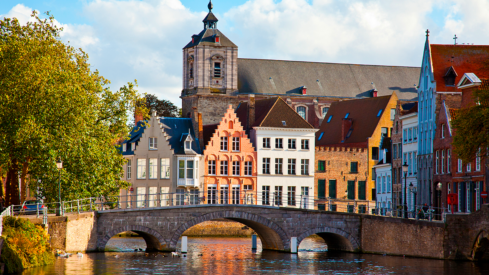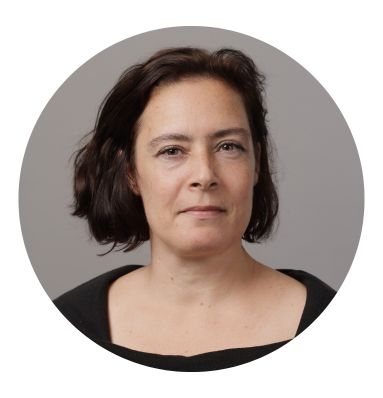Belgium and the Netherlands, similar but different worlds

Ongoing premiumization arising from pet humanization may have helped the Belgian and Dutch pet food and pet care markets in the last decade, but lacklustre performances in recent years are starting to have an impact.
Different economies
The Belgian economy continues to grow at a sluggish pace, with real gross domestic product (GDP) expected to increase by 1.5% in 2017 (up from a 1.2% rise in 2016), whereas in the Netherlands, real GDP will grow by 2.0% in 2017 (down from a 2.2% increase in 2016). The Dutch economy has underperformed relative to its peers for several years, moving in and out of recession, and this, together with shifts in the pet population, has also taken its toll on pet care to a certain extent.
Mirroring human packaged food
Between 2012 and 2017, both the Belgian and Dutch pet care markets experienced slow growth, with Belgium faring better, rising at a 2% value compound annual growth rate (CAGR). Overall, both markets are following the overarching themes of other Western European developed markets, with pet owners increasingly treating and pampering their pets, but looking after their health and wellbeing in different ways.
Pet food has also followed the wider trends of premiumization, with increasingly functional elements being added to pet food, in line with similar developments in human food. In fact, pet food has started to more closely mirror human packaged food, as the trend towards organic and all natural ingredients grows in importance. This trend mainly affects dry pet food, but is also having a positive impact on pet products such as cat litter.
Pet populations
The pet populations have been relatively stable in Belgium and the Netherlands, with both countries enjoying greater cat than dog popularity with 27% of households owning cats in Belgium, compared to 22% in the Netherlands.
In terms of dogs, 19% in the Netherlands versus 24% in Belgium. Growth trends differ slightly: In Belgium, the pet population is expected to grow over the next five years, albeit at a slow rate, in the Netherlands, it is expected to decline over the same year. And while this can pose certain short-term challenges, manufacturers will be able to take action to maintain value in the industry.
Premiumization drives the market
Crucially, an increasing number of Belgian and Dutch pet owners consider their animals to be part of the family and are willing to extent the same level of care and prevention as for themselves.
This means that not many consumers are willing to compromise on lower-quality pet food products and they remain focused on demanding value-added products, particularly those incorporating functional attributes. Value sales of premium dog and cat food therefore significantly outperformed the wider market in Belgium over the review period, enjoying a real value rise of 27% over 2012-2017, compared to 12% in the Netherlands.
Natural trend spills over into pet products
As pet owners increasingly spend time with their pets in smaller environments such as flats, they are also becoming more interested in their health.
Pet products have therefore fared well, with natural options often being sought. Natural cat litter was preferred over less green options, but developments in pet healthcare have also been popular.
This has particularly been true in Belgium, where a previous change in legislation had changed the rules regarding selling pet healthcare products.
In 2016, many manufacturers launched pet healthcare products with natural ingredients only, which proved quite successful. At the same time,
pet supplements also experienced good growth as owners became more aware of the relevance of vitamins and supplements. As BARF feeding becomes more popular, enhancing it with supplements is often recommended and has helped to develop the category.
Future prospects
Euromonitor International forecasts that Belgium will post higher value growth than the Netherlands.
Cat treats will remain the star category as urbanisation progresses and more consumers choose to adopt cats. In fact, it will be the fastest growing category in Belgium, even in terms of absolute value growth.
Premium cat food will follow suit, showing the length to which Belgian cat owners are willing to go to look after their furry friends. It will also be the fastest growing category in the Netherlands in absolute value terms.
